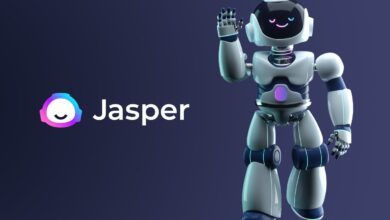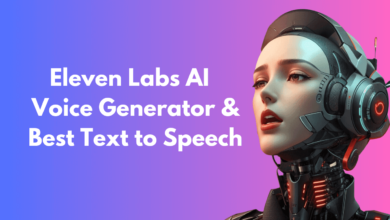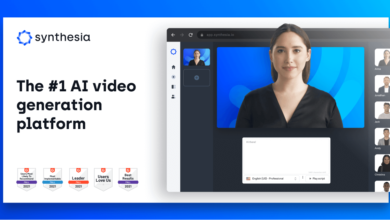How to Use AI to Solve Real-World Problems- A Comprehensive Guide
AI to Solve Real World Problems
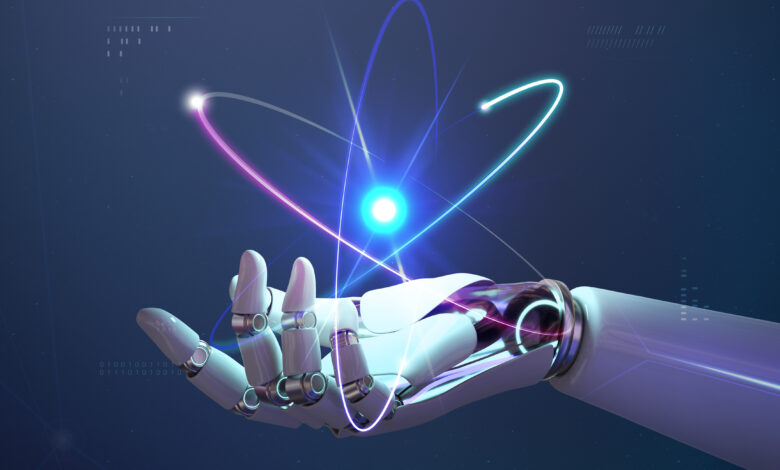
In today’s rapidly changing world, artificial intelligence (AI) has emerged as a powerful tool to address various real-world problems. AI has a big impact on everything from stopping global warming to eradicating disease and reducing poverty.
In this article, we will explore how to use AI to solve real-world problems and how individuals can actively participate in leveraging AI to make a difference. We can all work together to build a better, more sustainable future by utilizing AI’s potential.
How to Use AI to Solve Real-World Problems
AI can be used to solve a wide range of real-world problems. We can work to create a more sustainable and inclusive world by embracing AI’s strength and capacity to handle complex issues. These are some areas in which we can use AI to solve real-world problems:
- AI and Climate Change
- AI and Poverty Alleviation
- AI and Disease Management:
Let’s delve into each of these areas and understand how AI is being employed to address these challenges effectively.
AI and Climate Change:
Climate change poses a severe threat to our planet, and addressing it requires innovative solutions. AI plays a crucial role in this domain by enabling accurate climate modeling, identifying patterns, and predicting future scenarios.
AI algorithms can shed light on important aspects of climate trends by analyzing enormous amounts of data, assisting researchers and decision-makers in making informed choices. AI-powered technologies, like smart grids, optimize energy consumption and reduce greenhouse gas emissions.
Machine learning algorithms can optimize energy distribution, identify energy-saving opportunities, and enhance renewable energy integration into existing systems. Additionally, AI-based algorithms assist in monitoring and managing natural resources, such as water, forests, and wildlife, promoting sustainable practices.
AI and Poverty Alleviation
Poverty is a complex issue affecting millions of people worldwide. AI offers promising solutions to alleviate poverty and bridge the socio-economic gap. Analyzing socioeconomic data, AI algorithms can identify regions and communities that require immediate intervention.
This data-driven approach enables policymakers to allocate resources efficiently and implement targeted poverty alleviation programs.
Furthermore, AI facilitates financial inclusion by providing access to banking services for underserved populations. AI-driven chatbots and virtual assistants empower individuals to access financial information, make transactions, and access microloans easily. This fosters entrepreneurship, promotes economic growth, and uplifts disadvantaged communities.
AI and Disease Management:
Artificial intelligence is making significant advances in disease prevention, diagnosis, and treatment. AI algorithms can identify patterns and develop predictive models by analyzing massive amounts of medical data, such as patient records, research papers, and clinical trials. As a result, diseases can be detected earlier and treatment results are enhanced.
In genomics, AI helps decipher complex genetic data and identify genetic markers for diseases. This information helps to advance personalized medicine by enabling medical professionals to customize treatments based on patient’s unique characteristics. AI-powered medical imaging techniques aid in accurate diagnosis, allowing for timely interventions and reducing the likelihood of misdiagnosis.
Related Post: 7 Ethical Implications of AI
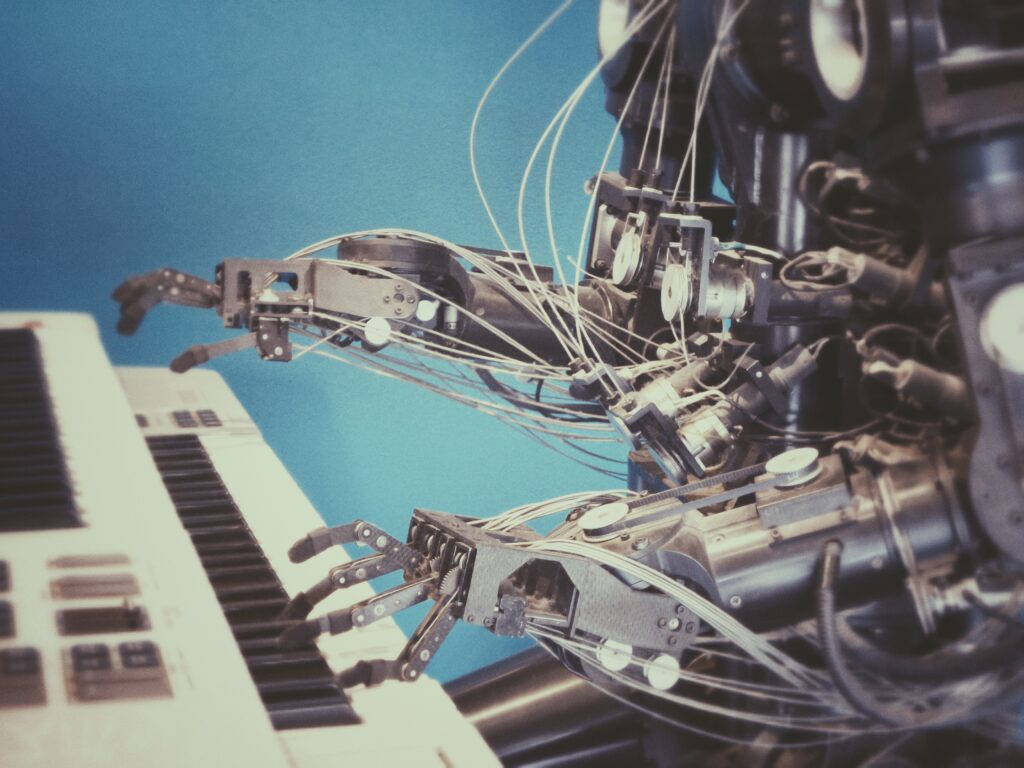
How Can You Get Involved in Using AI to Make a Difference?
Now that we understand the impact of AI on addressing real-world problems, you might be wondering how you can actively participate and contribute. Here are some ways you can get involved in using AI to make a difference:
Education and Awareness:
- Stay informed about the latest developments in AI and its applications in solving real-world problems.
- Attend workshops, webinars, and conferences to gain insights from experts in the field.
Collaboration:
- Join AI communities, research groups, or organizations that focus on leveraging AI for social good.
- Collaborate with like-minded individuals to initiate projects aimed at tackling specific problems.
Data Contribution:
- Contribute to open data initiatives by sharing relevant datasets. Data plays a crucial role in training AI models and developing effective solutions.
- Contributing to open data projects allows researchers and developers to gain valuable information for solving real-world problems.
Volunteering:
- Offer your skills and expertise to non-profit organizations and initiatives that utilize AI for social impact.
- Many organizations work on projects related to climate change, poverty alleviation, and healthcare, where your contributions can make a meaningful difference.
Entrepreneurship:
- If you have innovative ideas for using AI to solve real-world problems, consider starting your own venture.
- Entrepreneurship allows you to create solutions tailored to specific challenges and drive positive change on a larger scale.
Advocacy:
- Raise awareness about the potential of AI to solve real-world problems by advocating for ethical and responsible AI practices.
- Promote discussions around the responsible deployment of AI technologies and the importance of inclusive and unbiased algorithms.
You can contribute to the widespread adoption of AI solutions and help solve today’s most pressing problems by actively participating in these channels.
Frequently Asked Questions
How can AI contribute to poverty reduction?
AI can contribute to poverty reduction by enabling targeted interventions and resource allocation based on data analysis. It helps identify vulnerable communities, optimize financial inclusion, and promote entrepreneurship, leading to economic growth and empowerment.
Can AI help in predicting and mitigating the impacts of climate change?
Yes, AI plays a significant role in predicting and mitigating the impacts of climate change. It helps analyze climate data, develop accurate models, optimize energy consumption, and promote sustainable practices for natural resource management.
What are the ethical considerations for using AI to solve real-world problems?
Ethical considerations in AI usage include ensuring transparency, accountability, and fairness in algorithmic decision-making. It is essential to address biases, protect privacy, and prioritize human well-being when deploying AI solutions.
Are there any risks associated with AI deployment in addressing real-world problems?
Although AI offers tremendous potential, but also there are risks such as unintended consequences, algorithmic biases, and job displacement. It is essential to carefully consider these risks and implement appropriate safeguards to mitigate them.
Can individuals without technical backgrounds contribute to AI-driven initiatives?
Absolutely! Non-technical individuals can contribute by providing domain expertise, participating in policy discussions, raising awareness, and supporting initiatives that leverage AI for social impact.
How can AI improve disease management and healthcare?
AI can improve disease management and healthcare by aiding in early detection, accurate diagnosis, personalized treatment, and drug discovery. It enables healthcare professionals to make informed decisions and improves patient outcomes.
Take Away:
AI has the potential to revolutionize the way we address real-world problems. AI offers creative solutions that can have a big impact on a variety of issues, including tackling climate change, reducing poverty, and improving healthcare. Individuals can help build a better future by actively participating in AI-driven initiatives, utilizing data, and promoting moral behavior.
